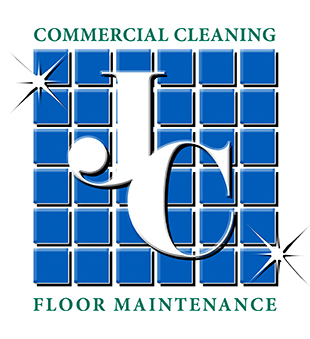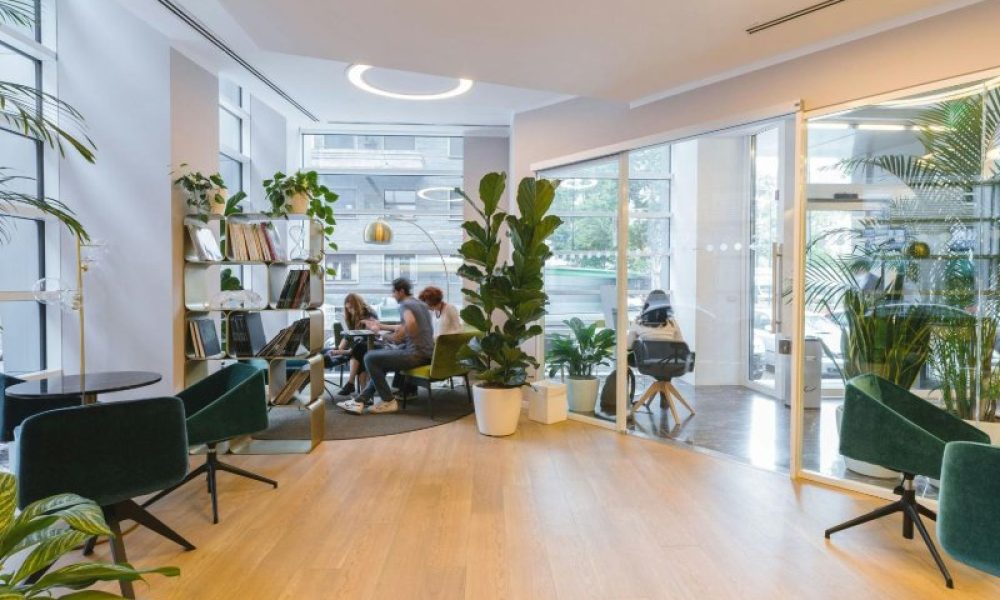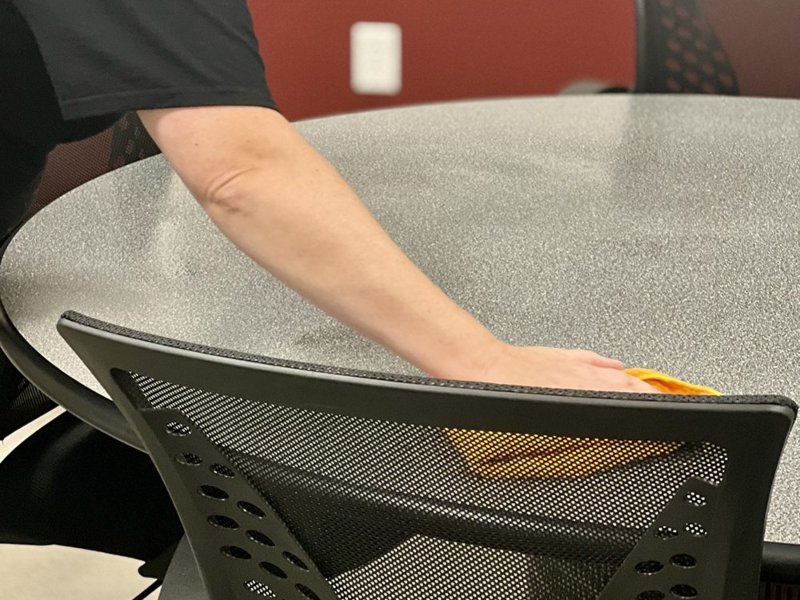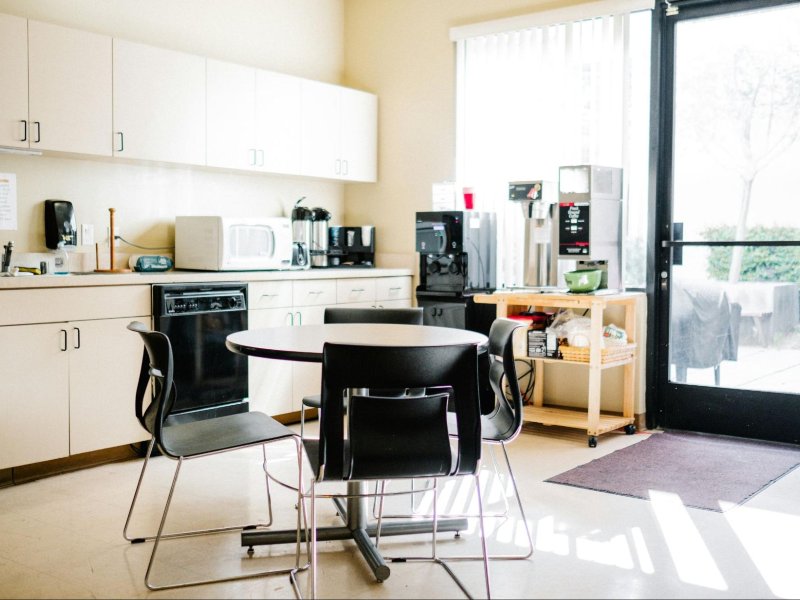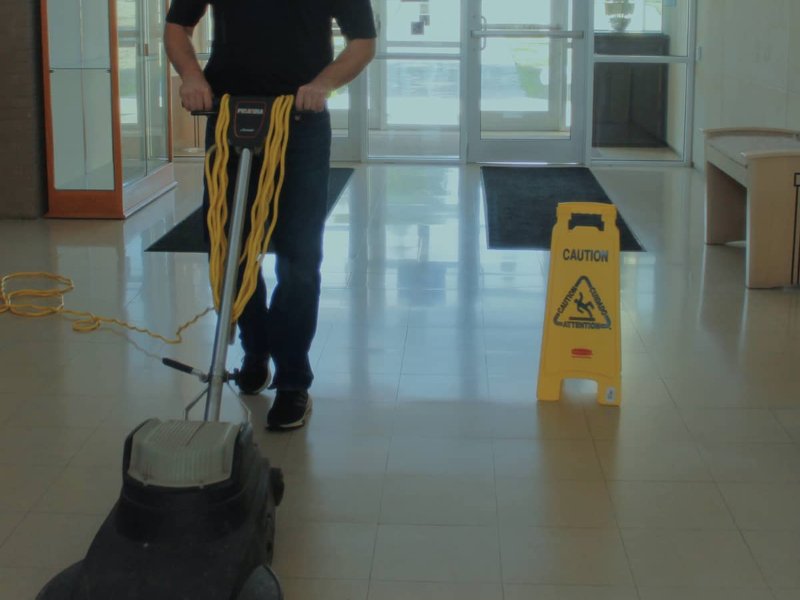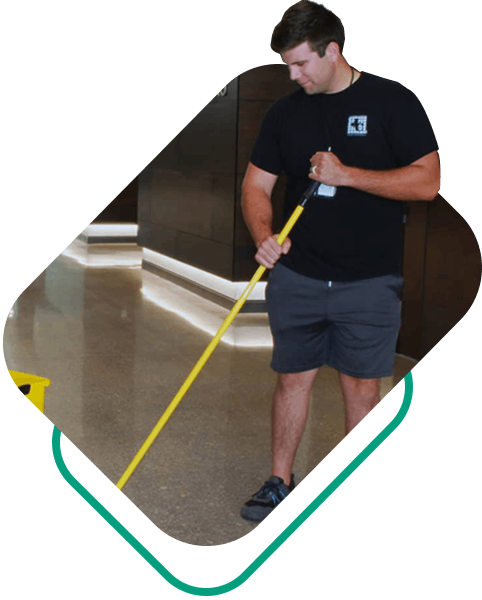Flooring in commercial spaces endures heavy foot traffic, equipment movement, and exposure to various elements. Regular maintenance is essential to preserve the flooring’s appearance, durability, and safety. A well-maintained floor contributes to a professional and welcoming atmosphere and helps prevent costly repairs or replacements. Below, we explore common preventative floor maintenance tasks that can keep commercial spaces looking and functioning at their best.
Regular Cleaning and Sweeping
One of the simplest yet most effective floor maintenance tasks is consistent cleaning. Daily sweeping and vacuuming help remove dirt, debris, and abrasive particles that can scratch or wear down flooring surfaces over time. For spaces with high foot traffic, such as retail stores or office lobbies, multiple daily cleanings may be necessary.
Recommended Practices:
- Use high-quality brooms or dust mops designed for your flooring type.
- Deploy HEPA-filter vacuums for carpets to improve air quality and reduce allergens.
- Empty and clean vacuum filters regularly to maintain performance.
Mopping and Spot Cleaning
Mopping floors regularly helps eliminate stains, spills, and sticky residues that can accumulate over time. Spot cleaning is crucial for quickly addressing spills, especially in areas like cafeterias or restrooms where food and liquid stains are common.
Recommended Practices:
- Use pH-neutral cleaners to prevent damage to sensitive flooring materials like hardwood or natural stone.
- Avoid soaking floors; instead, use a damp mop to minimize water exposure, particularly on wooden or laminate floors.
- Follow a consistent schedule, adjusting frequency based on traffic levels and floor types.
Sealing and Waxing
Sealing and waxing provide an extra layer of protection for floors, particularly those made of concrete, vinyl, or linoleum. These treatments enhance durability, reduce staining, and improve the floor’s overall appearance.
Recommended Practices:
- Schedule sealing or waxing every 6-12 months, depending on usage and wear.
- Use high-quality sealants appropriate for your flooring material.
- Ensure floors are thoroughly cleaned and dried before applying sealants or wax.
Floor Mat Installation
According to our pals at Servi-Tek, strategically placed floor mats act as the first line of defense against dirt, moisture, and debris entering your facility. They’re especially effective at entrances, exits, and transition zones between outdoor and indoor spaces.
Recommended Practices:
- Invest in durable, non-slip mats designed for high-traffic areas.
- Clean and replace mats regularly to maintain their effectiveness.
- Use different types of mats for specific needs, such as scraper mats for outdoor dirt and absorbent mats for moisture.
Periodic Deep Cleaning
Even with regular cleaning, commercial floors benefit from periodic deep cleaning to remove embedded dirt, stains, and grime. Deep cleaning techniques vary based on flooring material and typically include shampooing carpets, steam cleaning, or scrubbing hard surfaces.
Recommended Practices:
- Hire professional cleaning services for deep cleaning tasks to ensure thorough results.
- Schedule deep cleaning during off-hours to minimize disruption to business operations.
- Use cleaning agents and equipment recommended for your specific flooring.
Inspecting for Damage
Routine inspections help identify minor issues before they escalate into costly problems. Cracks, chips, loose tiles, and worn-out carpets can pose safety hazards and diminish the overall aesthetic of your space.
Recommended Practices:
- Conduct monthly inspections, focusing on high-traffic areas.
- Train staff to report visible damage promptly.
- Keep a maintenance log to track inspection results and repairs.
Anti-Slip Treatments
Slippery floors are a major safety concern in commercial spaces, especially in wet areas like kitchens, restrooms, or entryways. Anti-slip treatments enhance traction and reduce the risk of accidents.
Recommended Practices:
- Apply anti-slip coatings to slippery surfaces such as polished concrete or tiles.
- Use textured floor mats in high-risk areas.
- Educate staff about proper cleaning techniques to prevent the buildup of slippery residues.
Floor Refinishing
Over time, wear and tear can dull the finish of certain flooring types, like hardwood or polished concrete. Refinishing restores the floor’s original luster and extends its lifespan.
Recommended Practices:
- Schedule refinishing every few years, depending on traffic and wear.
- Hire professionals for refinishing tasks to achieve high-quality results.
- Follow up with regular cleaning to maintain the new finish.
HVAC Maintenance
Though not directly related to floors, HVAC systems play a role in floor maintenance by controlling humidity levels. Excessive moisture can cause wood floors to warp or carpets to develop mold and mildew.
Recommended Practices:
- Maintain a consistent indoor humidity level (ideally between 30% and 50%).
- Schedule regular HVAC inspections and filter replacements.
- Use dehumidifiers or humidifiers as needed to stabilize moisture levels.
Training Staff and Setting Protocols
Ensuring all employees understand the importance of floor maintenance can significantly improve upkeep efforts. Providing clear guidelines on cleaning procedures, reporting damage, and using floor-specific products ensures consistency.
Recommended Practices:
- Offer training sessions for staff on proper cleaning techniques.
- Develop and distribute a maintenance schedule tailored to your facility’s needs.
- Post signage in key areas to remind employees of best practices.
Conclusion
Preventative floor maintenance is an essential investment for any commercial space. By implementing regular cleaning routines, protective treatments, and proactive measures, businesses can extend the life of their floors, enhance safety, and maintain a professional environment. Whether it’s routine cleaning or periodic refinishing, consistent care ensures your flooring remains a durable and attractive asset for years to come.
